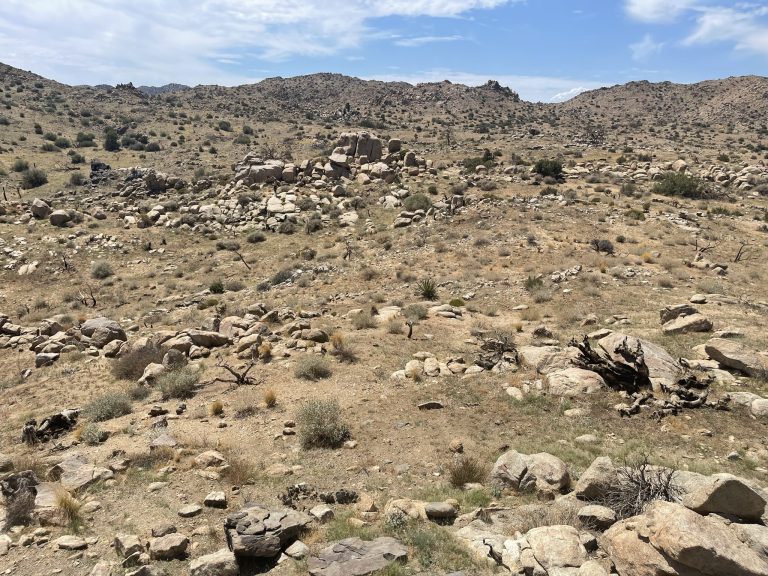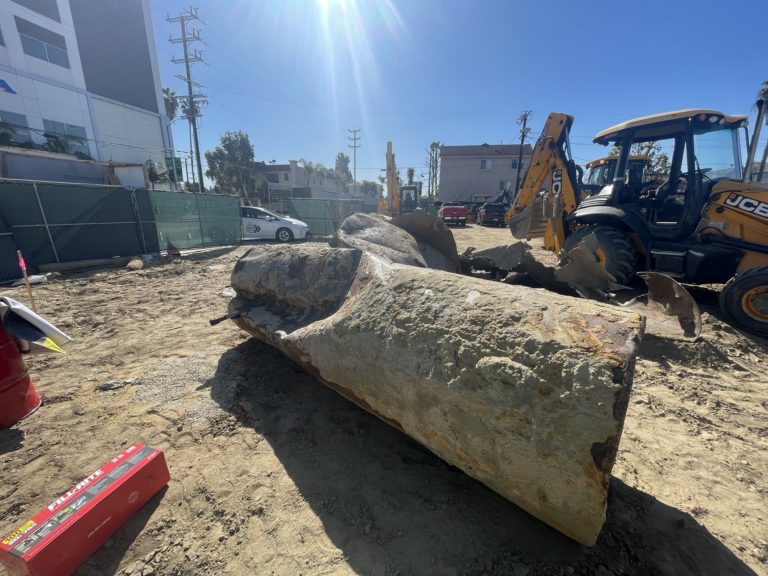Recurrence Interval Meaning
In the field of geology, the term “Recurrence Interval” refers to the average time interval that occurs between two recorded events of seismic activity, of equal magnitude, along the same fault.
In the field of geology, the term “Recurrence Interval” refers to the average time interval that occurs between two recorded events of seismic activity, of equal magnitude, along the same fault.

Geology Geology: Geology is a field of science relating to the earth, including but not limited to the earth’s resources, physical processes, chemical properties, history, and future. Additionally, the science of geology includes the study of other terrestrial planets, such as Mercury, Venus, or Mars. Branches of Geology There are numerous branches of geology that…

Terrestrial Planet Definition A terrestrial planet is any planet in the universe that has earth-like composition, such as rocks, and other similar solid substances. For instance, Mars is a terrestrial planet in our solar system, whereas Jupiter is not. This is because modern geologists, astrophysicists, and astronomers understand Mars to contain solid formations correlative to…

Lumber Moisture Content Grade Lumber moisture grading is a manufacturer-provided value of moisture content, for consumers and contractors to use. There are five (5) lumber moisture content designations (S-GRN, S-DRY, KD, MC 15, and HT). Lumber Moisture Grading Lumber grade “S-GRN” stands for “surface green,” which means it is not dry, and has a moisture…

Underground Storage Tank (UST) Underground Storage Tank (UST): An underground storage tank (UST) is a confined container occupying any volume of space within the subsurface, for the purposes of storing liquid. Underground tanks typically support commercial and residential services and have filling ports, ventilation pipes, and connecting product pipelines. Underground storage tanks (USTs) come in different…

Juvenile Water Juvenile Water: In geology, juvenile water is water derived directly from magma, introduced into the Earth’s surface through geological processes such as magmatic and volcanic activity. Since juvenile water is derived from Earth’s center, its characteristics, are associated with higher temperatures and pressures.

Darcy’s Law In the field of geology, Darcy’s Law is the universal and basic equation representing groundwater flow through a study area. Darcy’s Law Formula Q = KiA The following variables and coefficients apply to this formula: “K” = Hydraulic Conductivity; “Q” = Discharge Rate; “A” = Area of Cross-Section that Water Flows;